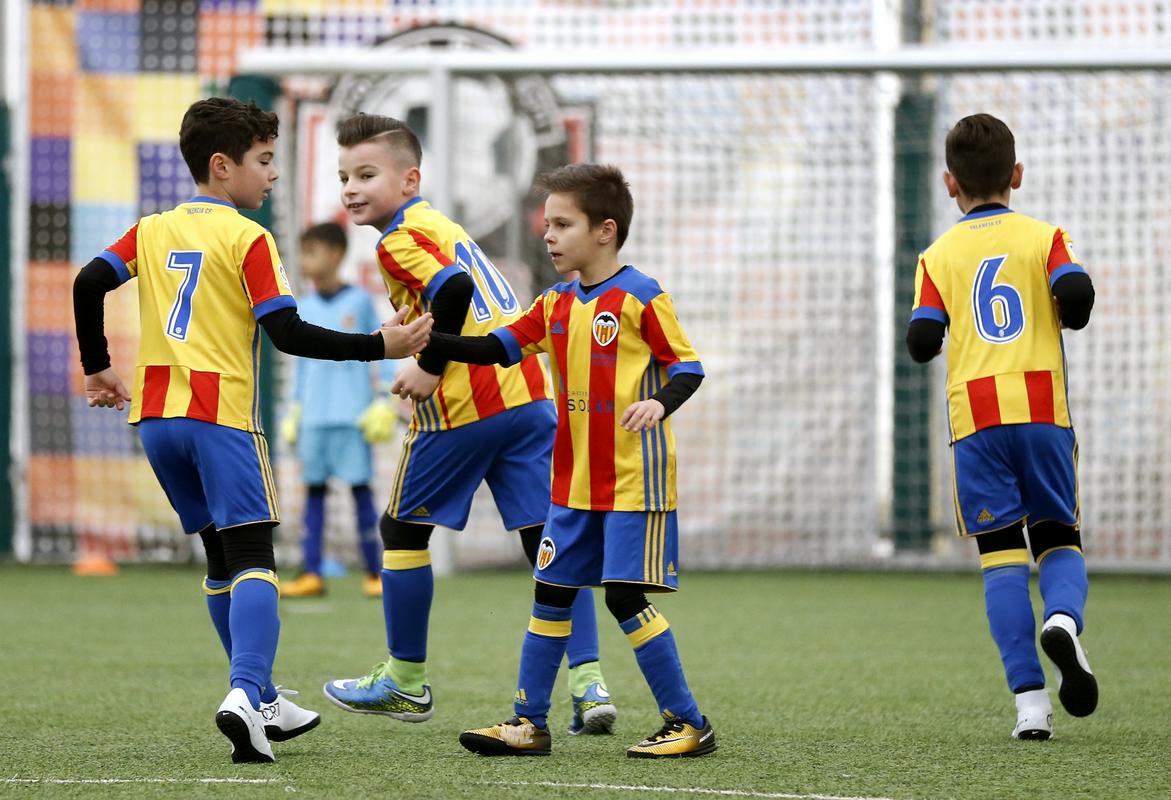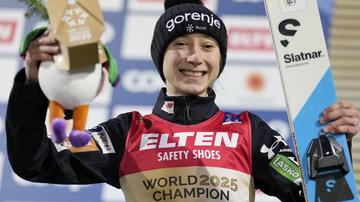
His loud "commenting" (angry cursing) did nothing to reduce the number of my mistakes, quite the opposite. When I finally passed the exam, I wasn't even so happy about the greater freedom to move around on my own over longer distances, rather than the fact that it was all over. And when it was all over, I put the unpleasant experience in a box and buried it deep in the subconscious.
I remember all of this because of children's sports.
My second grader practices karate, where he feels good and relaxed. It is a pleasure to watch him repeat the moves he has mastered in heian shodan, heian nidan and other beginner katas. It's a good feeling when you realize that, in addition to techniques, the coaches also teach respect − for referees, coaches, teammates and karate itself (which is also reflected by arriving on time for training and cleaning up the equipment).

On the way to the gym, we pass a soccer field where boys who are a year or two older are training. I can't describe to you his astonishment when he catches the coach's words in his eardrums: "Fuck it, was that a pass?!" A moment later followed by an equally loud shout and waving of arms: "What's wrong with you, can't you see where he's standing?!" These words are followed by quite related variations of the opening exclamation ...
Every time we walk, we ask ourselves the same question − why?!
This column is by no means a demonization of football or a glorification of karate. The sample of my observation is too small, not even the name of the sport is important: football, basketball, volleyball, athletics, badminton, chess ... Children are much more important. And the system is important.
Since this difference did not give me peace, I asked a few more parents of small children who are engaged in different sports. The stories were very different, but all reflections lead me to the key question − why does a child play sports in the first place.

The vast majority give up sports by the end of primary (or at the latest secondary) school. However, for most of them this is not a way of making a living, it is not a job, but mainly a way of spending free time, where health is important and social ties are also strengthened.
On the other side of this relationship, it is a job for many a coach who deals with young children. The number of their protégés and their sporting success often influence their job and thus their existential fate. At least that's how I interpret their (occasional) anger and outbursts, during which I have the feeling that the fate of the Champions League final hangs in the balance ...
Of course, I understand that coaches must teach basic techniques and tactical skills that are important in sports. Just kicking the ball around without a plan doesn't really make sense. At least in the context of organized activity.
If I go back to the beginning, I didn't take the driving test because of the desire for excellence (in competitive motoring), but for practicality and to gain knowledge needed in everyday life. I understand youth sports in a similar spirit. Acquiring knowledge, socializing together and building social skills. Of course, top sports cannot exist without top individuals, and in such a process most individuals that I write about, are developed. It is therefore right that an organized system exists.

And if the defenders of the existing system emphasize the importance of these exceptional individuals (and count victories, medals and records alongside them), we can turn the angle and ask ourselves how many potentially exceptional individuals we have lost in the process, because the environment was already too tense, stressful and focused primarily on the outcome? When (even) 6- and 7-year-olds must chase results to satisfy the coaches' appetites and goals, so that their club can (financially) function and survive. Then we should not be surprised that many children at the age of 13 or 14 are simply tired of this pressure of constantly chasing results and success. As if he wasn't already exposed to similar pressures in classes and chasing the best possible grades.
I am more of a supporter of the system, that children first learn basic knowledge and technique, that the word game in all its nobility is in the foreground, and that the competitive aspect is emphasized only later in development.


































































Komentarji so trenutno privzeto izklopljeni. V nastavitvah si jih lahko omogočite. Za prikaz možnosti nastavitev kliknite na ikono vašega profila v zgornjem desnem kotu zaslona.
Prikaži komentarje